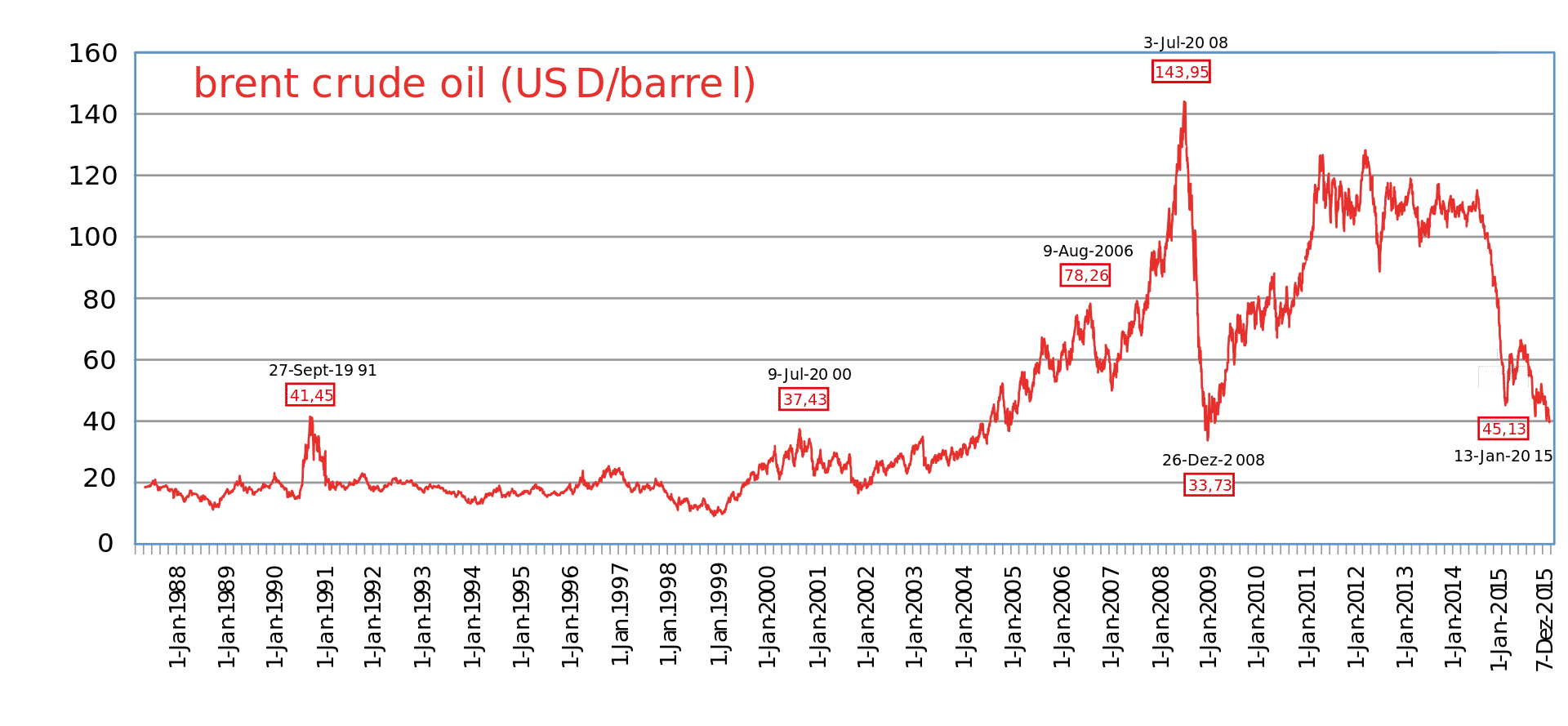According to the monthly data released by the Central Energy Fund, the South African Automobile Association predicts that going deeper into the year, South Africans should brace for fuel hikes on petroleum products such as paraffin, petrol, and diesel.
When the price of fuel products such as paraffin, diesel, and petrol is high, it has a negative effect on the economy and the cost of living. This is why the ongoing fuel hikes in South Africa are likely to have a crippling effect on the economy now and if conditions persist, long into the future.
To understand how the ongoing fuel hikes are crippling the economy, it is important to look at the various factors that lead to fuel price hikes:
The Primary Factors that Influence Fuel Prices
The price of petroleum, diesel, paraffin, and other fuel products or commodities usually depends on the following primary factors:
 Global crude fluctuations: The South African Department of Energy cites global crude oil prices, supply and demand as the factors that influence the Basic Fuels Price (BFP) the most. South Africa imports a large percentage of its crude oil; in 2018, the country imported close to 96 billion kilograms of crude.
Global crude fluctuations: The South African Department of Energy cites global crude oil prices, supply and demand as the factors that influence the Basic Fuels Price (BFP) the most. South Africa imports a large percentage of its crude oil; in 2018, the country imported close to 96 billion kilograms of crude.
This means that fluctuations in the price of petroleum at different export centers such as Saudi Arabia and the Mediterranean have a significant influence on the price of fuel products locally.
When the price, supply, and demand of the Brent crude oil, the benchmark used globally to determine crude oil prices per barrel, changes, it affects the price at which South Africa buys its crude imports and the regulatory body tasked with reviewing fuel prices in South Africa has to take note of this and adjust the fuel price accordingly. When the demand for Brent crude oil is as high as it has been and the supply is low, it increases the price of crude and the government has to adjust fuel prices upwards, which increases the prices at which you fill up at the pump.
Rand/Dollar exchange rate: When South Africa is buying oil imports, it uses dollars, and so does every other country that imports crude.
The implication of this is that how the Rand performs against the Dollar influences the price at which the government and registered crude importers buy crude oil. When the Rand depreciates against the dollar, the effect is higher crude importation prices, a factor that often passes on to consumers and reflects as higher fuel prices.
Domestic factors: Domestic factors are another major contributory factor to the cost of fuel for consumers.
The primary domestic factors that have the most effect on the cost of fuel products such as Petroleum, diesel, and paraffin are taxation and levies.
The RAF levy and the general fuel level, both of which have been increasing at a rate of 9% annually, are especially influential.
When the South African government increases the various fuel taxes, something it has been doing gradually over the last several years and is likely to continue doing as it seeks to raise revenue, the effect is fuel price increases for consumers.
NOTE: Domestic factors such as taxation and fuel levies so significantly affect the Basic Fuels Price (BFP) that even when the Rand appreciates against the dollar and the international price of crude declines, taxation keeps these positive fuel-price factors from sieving down to the consumer.
Other factors that affect the price of fuel for consumers include cost of refining crude into the various petroleum products such as diesel, paraffin, and petroleum, ocean loss, retail and wholesale margins, and the various costs associated with delivering fuel products to consumers.
A discussion on the various factors that influence the cost of fuel in South Africa naturally careens into a discussion of how high fuel prices affect the economy:
 How the Ongoing Fuel Hikes are Crippling SA’s Economy
How the Ongoing Fuel Hikes are Crippling SA’s Economy
Fuel hikes have a negative, knock-on effect on the economy.
The following are the most significant ways that the ongoing fuel hikes are bound to affect you as a South African consumer and the South African economy in general.
#: High Inflation
Various renowned South African Economists such as Mike Schüssler, the Founder of Economists Dot Coza, one of the leading economic research firms in South Africa, have expressed concern over the effect the ongoing fuel hikes shall have on inflation.
Mike Schüssler specifically notes that “…fuel hikes …will result in inflation rising and will add excessively to the strain of our economy as the interest rates will keep rising.
Inflation is an increase in the general cost of goods and services within the greater economy. When inflation is high, the economy experiences lowered purchasing power.
When consumers experience lower purchasing power, it lowers their ability to purchase goods and services, a factor that has a very adverse effect on the economy because it means higher costs of production and therefore higher cost of the goods and services needed by consumers.
High inflation has other negative effects on the economy.
For instance, it lower incomes, increases interest rates, leads to high cost of borrowing, causes wage inflation, and on the higher end of the spectrum, causes business uncertainty and an unfavorable business environment.
#: Negative effect on the agricultural sector
According to Paul Makube, a senior Agricultural Economist at First National Bank (FNB), the ongoing fuel hikes will have a very crippling effect on the agricultural sector, a sector that according to The Department of Agriculture, Forestry and Fisheries (DAFF), contributes close to 2.4% to the GDP.
While agriculture may seem to contribute very insignificantly to the GDP, the sector influences other important sectors of the economy such as exports and foreign trade, employment, and more importantly, it influences manufacturing in the sense that it is one of the main suppliers of raw materials needed for the production of various consumer goods.
According to Makube, “…when the cost of fuel commodities such as petrol, diesel, and paraffin is high, it has a negative effect on the cost of planting and crop production, and therefore farmers’ profitability as well as the cost of farm produce. Fuel hikes also lead to increases in the prices of fertilizers, agrochemicals, and other farm inputs derived from crude/petroleum.”
Conclusion
The other fundamental thing to note about the ongoing fuel hikes and the crippling effect they will have on the economy is that as the fuel hikes continue taking effect, it will have a shadowy effect on the basic supply chain, a factor that will undoubtedly lead to a higher cost of living for ordinary South Africans

